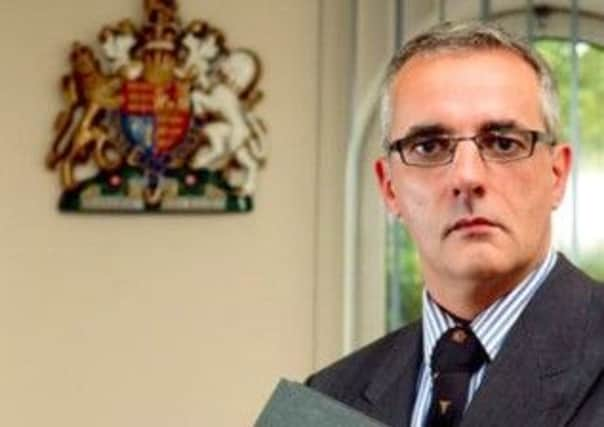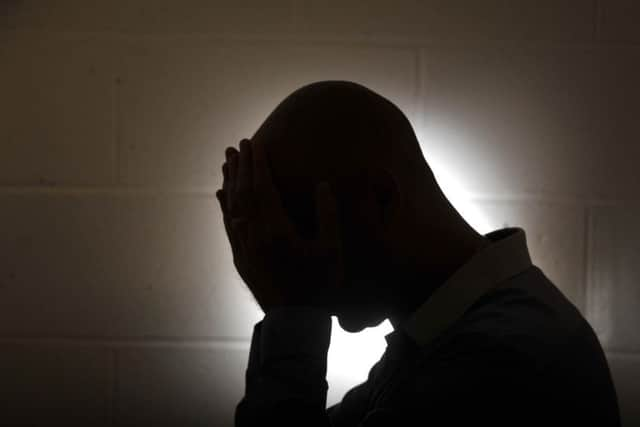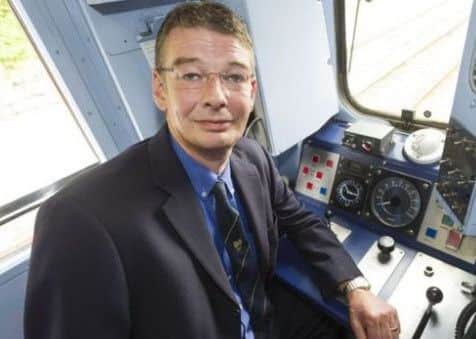Derbyshire coroner reveals shocking toll of railway suicides on county


Dr Robert Hunter has 17 years’ experience of presiding over inquests in the county – overseeing hundreds of suicide cases in that time.
Despite all the changes he has seen, he said the number of railway fatalities of around 10 per year had remained constant for some time.
Advertisement
Hide AdAdvertisement
Hide Ad“Traditionally male suicides have always had violent means whereas females tend to use non-violent methods,” said Dr Hunter.


“However, that pattern has changed in the last 10 years so we are now getting a worrying number of females that are choosing this method now.
“It used to be so rare but it is now becoming noticeable.”
Dr Hunter revealed that the people who take this course of action tend to be young – in their teens, 20s or 30s.
He also said the majority of the cases that he sees involve people who are known to psychiatric services.


Advertisement
Hide AdAdvertisement
Hide Ad“The act they undertake is during a period of acute crisis,” he said.
“Young men often act impulsively after the break up of a relationship – sometimes one that has only been going for six or eight weeks.
“It is just such a tragic waste.”
Dr Hunter also urged families not to shy away from talking to loved ones they think might be at risk.


“Families sometime think that by asking questions they will put ideas into someone’s head,” he said.
Advertisement
Hide AdAdvertisement
Hide Ad“But there have been lots of scientific studies that have said that it is actually therapeutic – that often the person wants to talk about it.”
After he has completed his statutory role of determining who the person was and when, where and how they died, Dr Hunter said the question of why someone took their own life can be much more difficult to answer.
“There is often a long history of mental illness, depression, suicidal thoughts.


“But we get one or two cases a year where it is just ‘out of the blue’.
Advertisement
Hide AdAdvertisement
Hide Ad“And they often don’t leave a note to explain their rationale.
“Families are left wondering if it was something they said or something they did.”
As well as the bereaved family, railway suicides can also often leave a profound impact on the train drivers, he said.
“I only call drivers to give evidence if it is absolutely necessary. It can be very traumatic for them to relive that experience.
Advertisement
Hide AdAdvertisement
Hide Ad“It takes a train going at 90 or 100 miles an hour half a mile to stop so they feel a sense of powerlessness.”


The rail industry now provides training for railway staff in identifying vulnerable people on the rail network.
n For more details see www.networkrail.co.uk/communities/safety-in-the-community/suicide-prevention-railway.